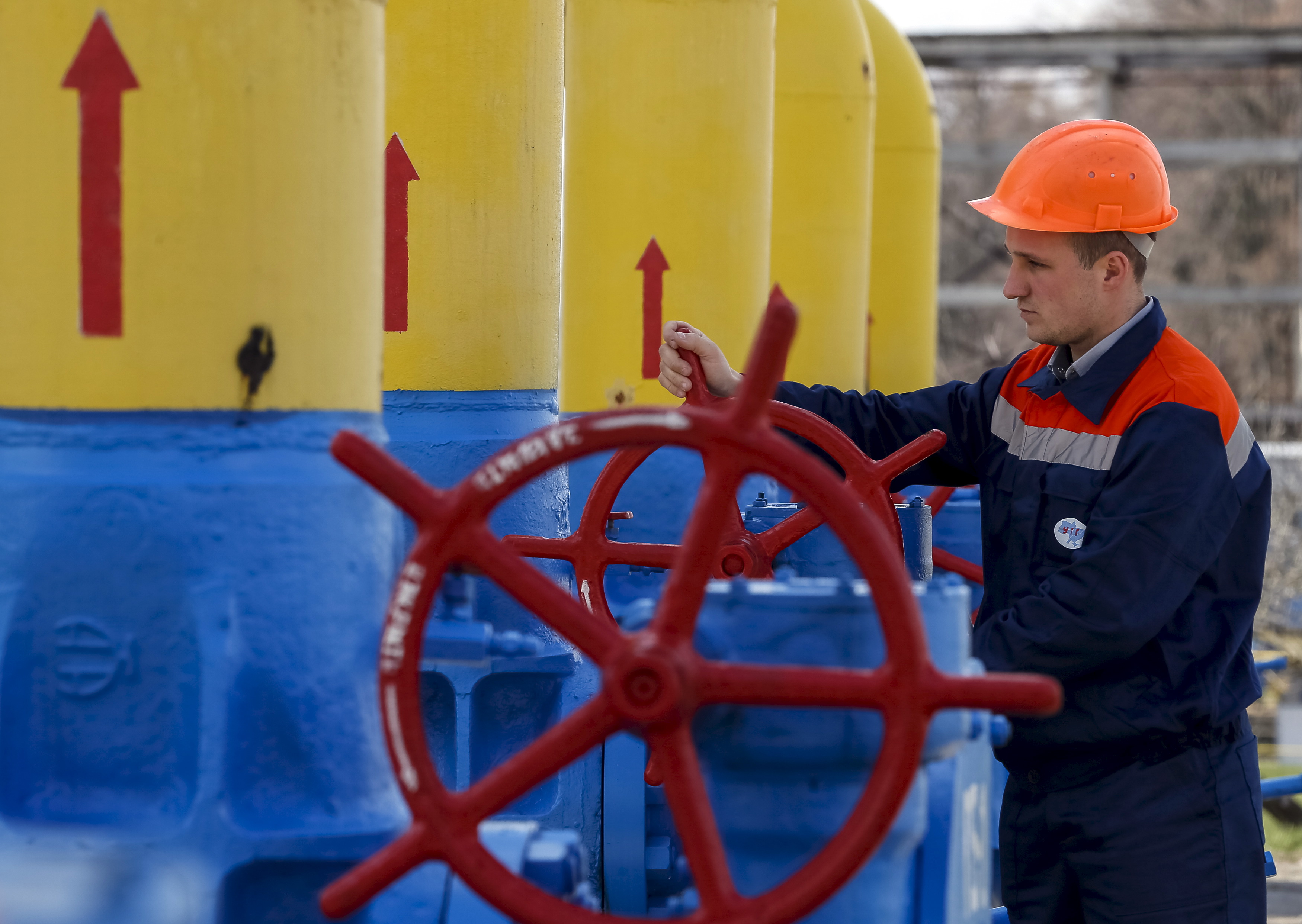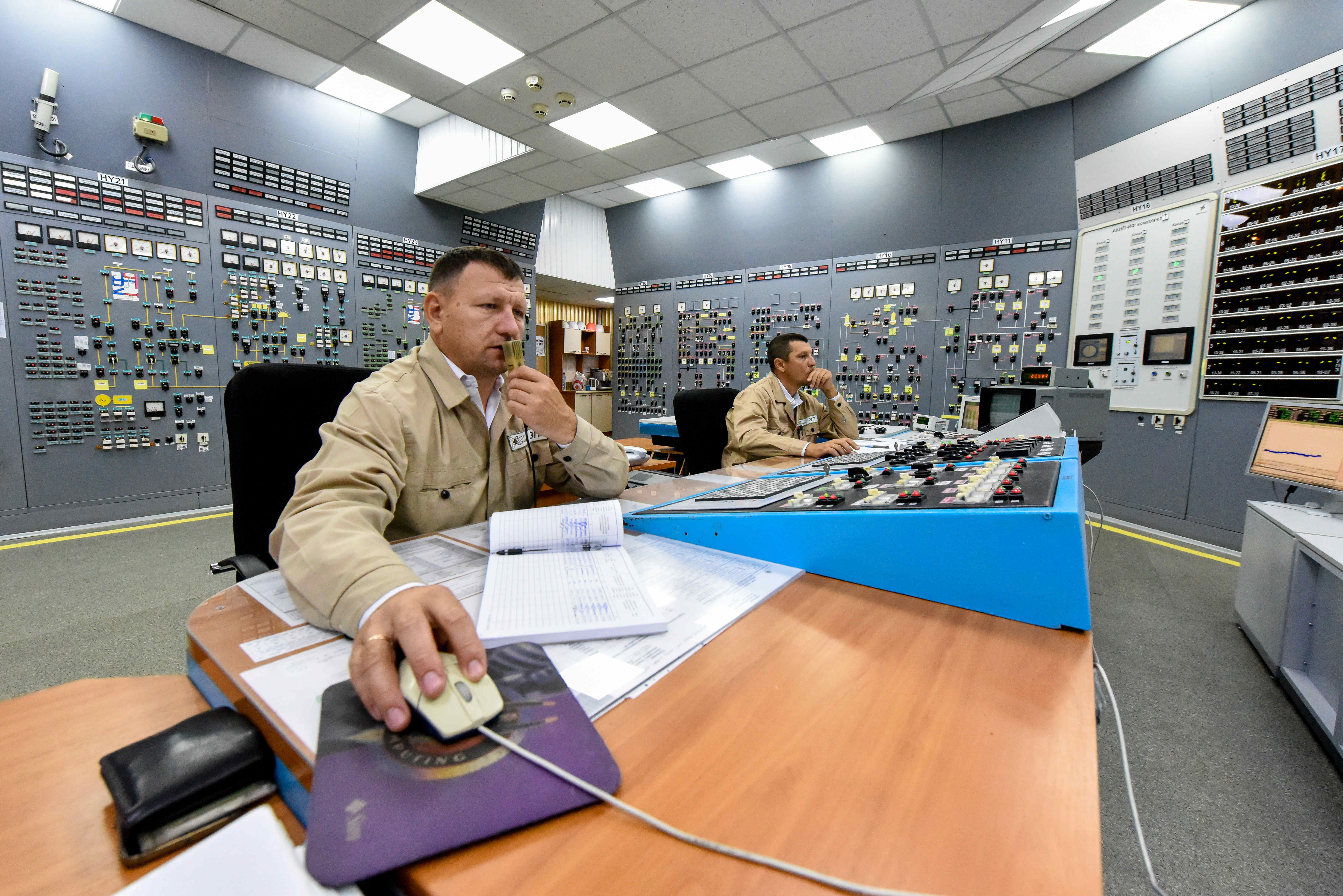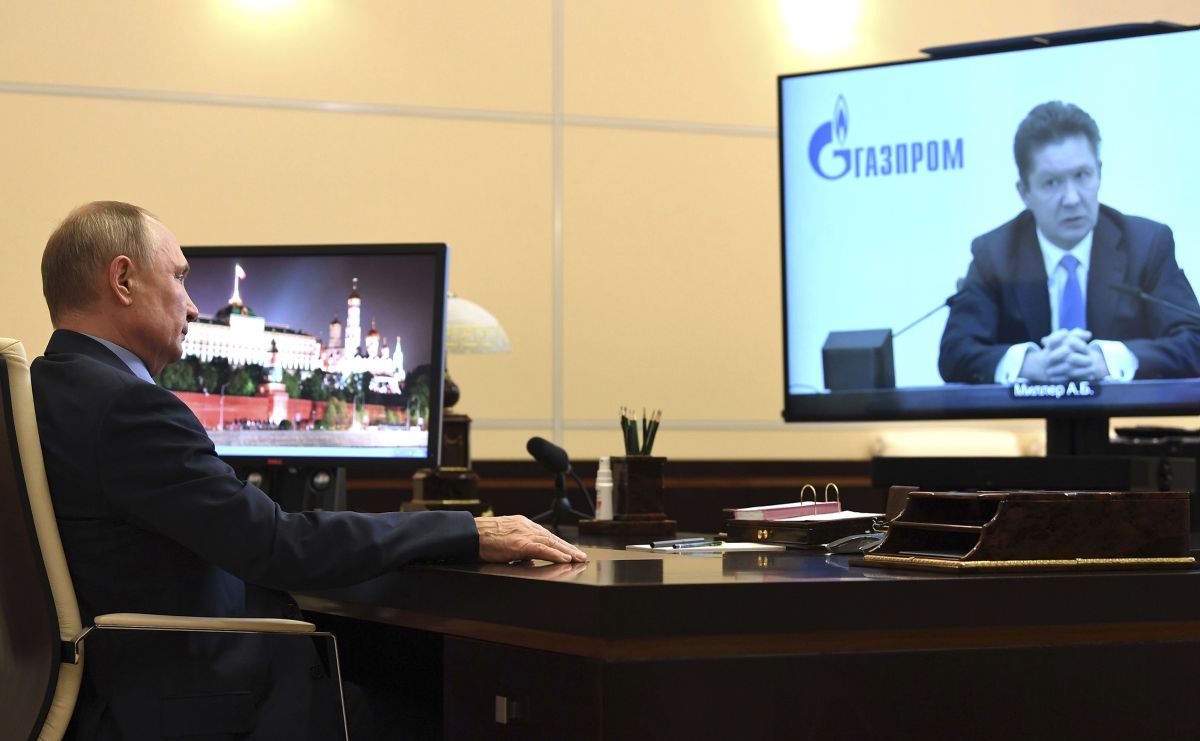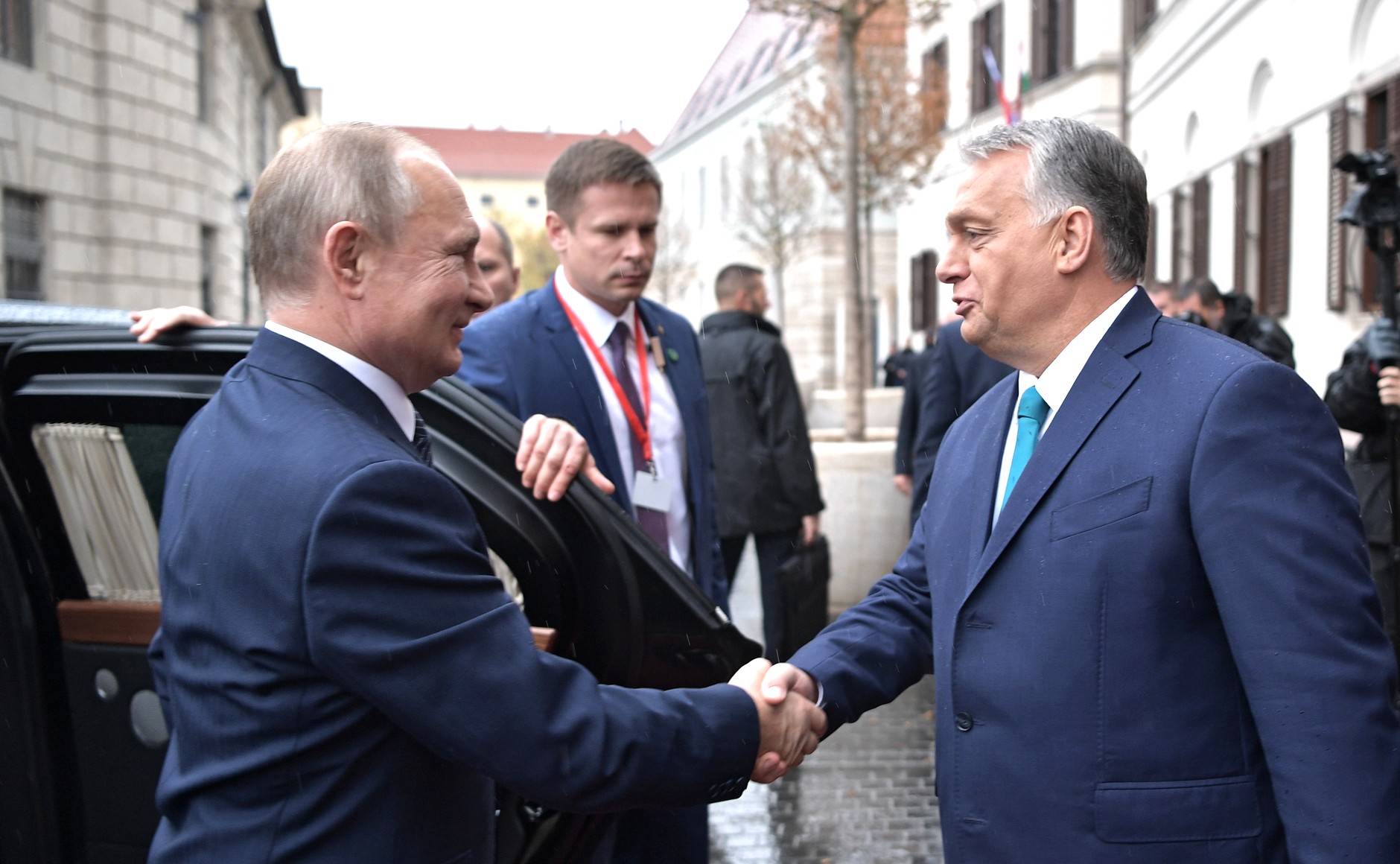Russia Disrupts Gas Transit Through Ukraine
On 11 May, Ukraine stopped the flow of gas from Russia via the seized Novopskov compressor station and the Sokhranivka station due to illegal off-take by Russia. About one-third of the gas destined for European customers was transported via this route. Russia may use this situation to put pressure on the EU not to introduce sanctions on Russian oil and to discredit Ukraine as a transit country in favour of Nord Stream 2 (NS2).
 Gleb Garanich/ Reuters/ FORUM
Gleb Garanich/ Reuters/ FORUM
How has gas transit through Ukraine functioned since the outbreak of the war?
As a result of the hostilities, elements of the distribution infrastructure supplying gas for domestic needs are regularly damaged. Despite the threat to the transmission infrastructure, gas transit from Russia via Ukraine to the EU had been taking place without disruption. Gazprom even increased gas transit via Ukraine from 83 million cubic meters (mcm) on 24 February to 109 mcm per day in March. In April, the amount of gas transported via this route fell and ranged from 43 mcm to 108 mcm. However, this was not due to infrastructure problems but was a planned action by Russia, officially explained by reduced consumption over the Christmas period. Part of the transit infrastructure is located in occupied territories, which makes any repair impossible, among other things, and creates the risk of transit manipulation by occupation forces.
What are the reasons for the suspension of gas transmission?
The Sokhranivka entry point and the Novopskov compressor station, which the Gas Transmission System Operator of Ukraine (GTSOU) has stopped using, are located in areas occupied by Russia. The decision cites force majeure—an event beyond the operator’s control, which makes it partially impossible to perform the contract. According to GTSOU, the specific reason was illegal off-take of gas by the occupier. The Ukrainian operator reported Russian attempts to manipulate the transmission infrastructure on this section already on 8 April. As the Ukrainian company has no control over the facility from which the illegal off-take is occurring, jeopardising the transmission of gas to European customers, the GTSOU proposed to Gazprom that the gas that was to be delivered through the Sochranivka station should flow through the Sudzha station on the Russian-Ukrainian border, but Gazprom refused.
What will be the consequences of stopping supplies through Sokhranivka?
A third of the gas sent from Russia through Ukraine and destined for European markets flowed through the Sokhranivka station (Ukraine has not imported gas directly from Russia since 2015). This was about 32 mcm of gas per day. The rest of the transit was sent through the Sudzha station, from 17 mcm to 77 mcm. It is technically possible to reroute the entire transit from Sokhranivka to Sudha and for Ukraine to continue supplying gas to European customers; however, Gazprom rejects the Ukrainian position, citing technical limitations. As a result, the European market is likely to receive around 20-30 mcm less gas per day, a drop of about 10%. While this does not currently pose a serious threat to European economies, it does increase pressure on the gas price in Europe, which has fallen to its lowest level since the beginning of the war.
What are the prospects for gas transit through Ukraine?
Russia was probably keen to provoke a supply crisis through Ukraine in order to increase pressure on EU countries over the planned sixth package of sanctions. This is to include a ban on Russian oil imports, which could deprive Russia of more than $100 billion a year. Russia is therefore trying to intimidate EU states with the prospect of cutting off natural gas supplies, which would be severe for EU economies (it is impossible to completely replace gas imports from Russia this year). For this reason, Russia decided on 26 April to suspend gas supplies to Poland and Bulgaria. A reduction in supplies through Sudzha (e.g., as a result of an intentional malfunction) would increase pressure on the EU and allow Russia to propose diverting transit through Ukraine to the NS2 gas pipeline, the certification of which has been suspended by Germany. Such a provocation could threaten the stability of the gas supply of Austria, Czechia, and Slovakia in particular.





